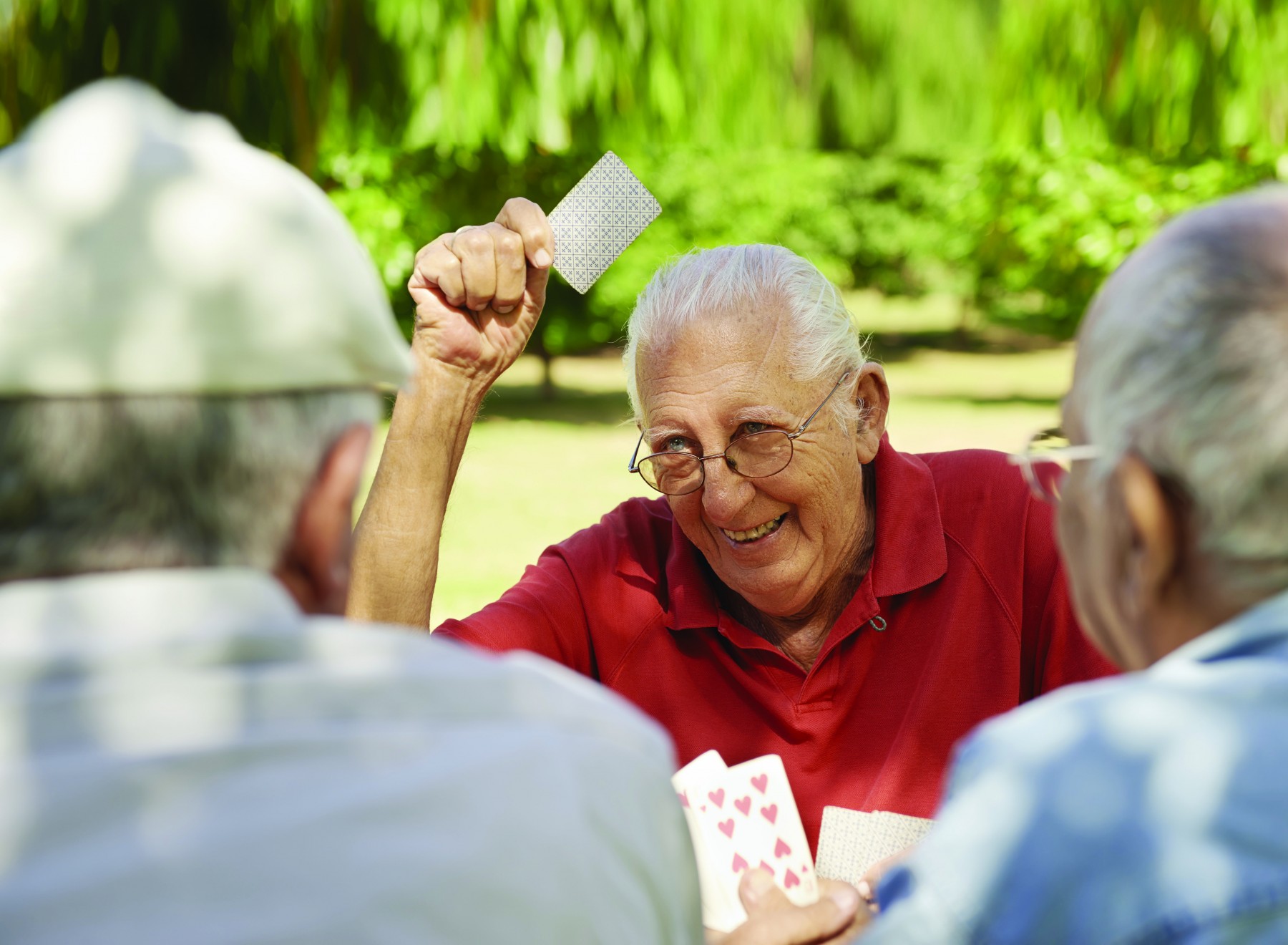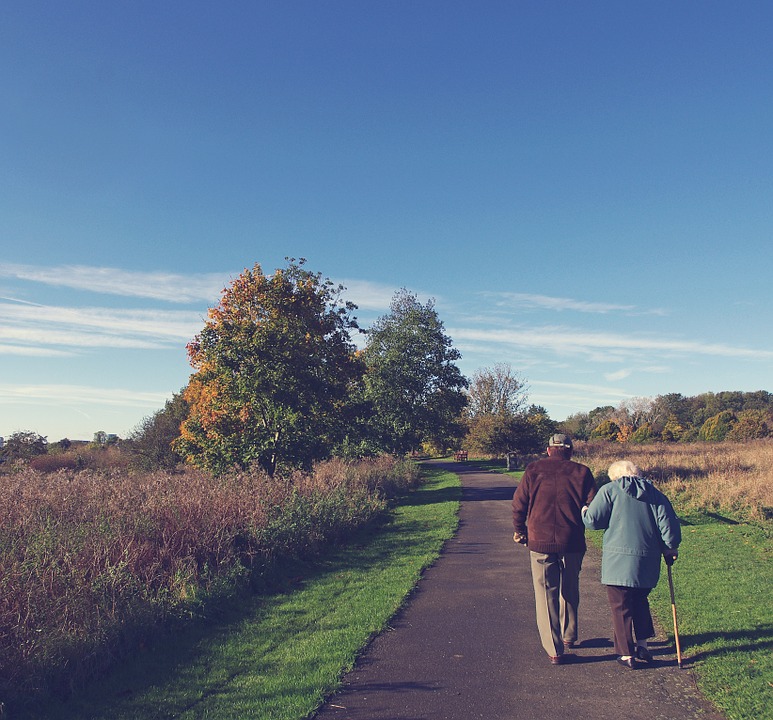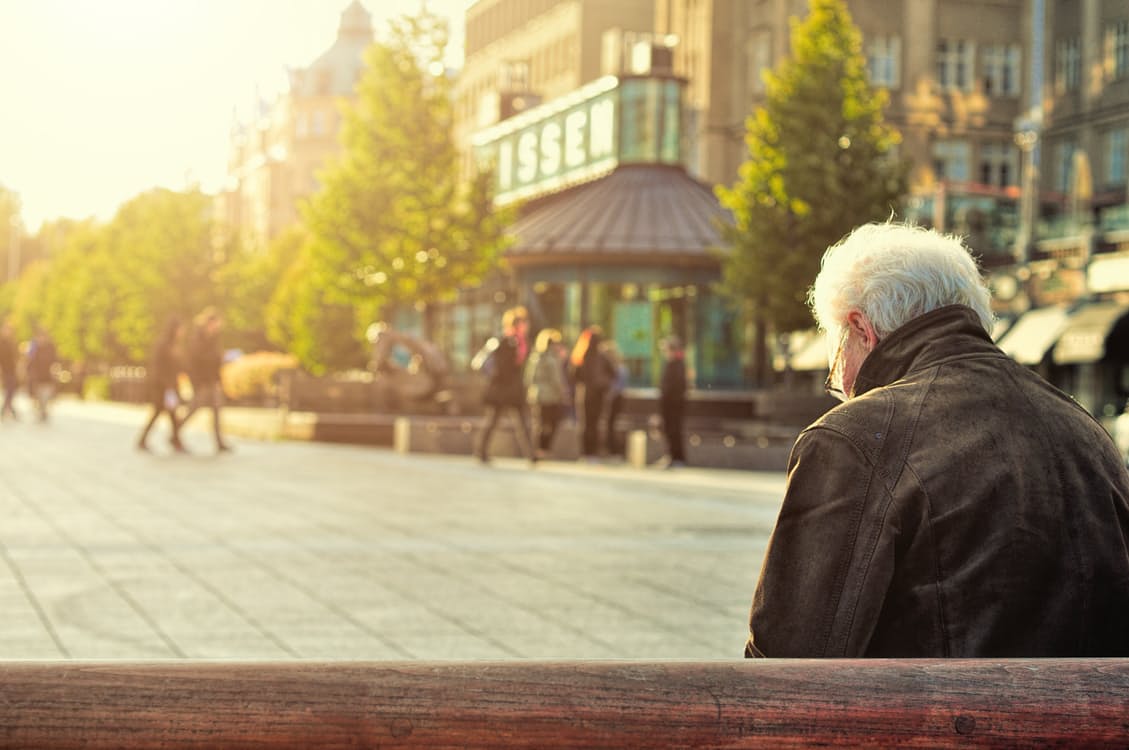Older people living in care homes need a number of things to maintain their physical and mental well-being. The opportunity to take part in meaningful activities and to have family and friends still actively involved in their lives are crucial.
Wherever possible, a positive and forward-looking approach is particularly beneficial. Later life is a good time to try out new experiences and learn new skills. You have the time to try out activities you maybe always wanted to have a go at but were perhaps too busy to do in the past. It’s an important role for care homes to ensure that later years are as active and fulfilling as possible.
The Wishing Tree
One of the new features we’ve introduced into our care homes is the Wishing Tree. Our activity coordinators ask each of our residents what they would like to achieve over the next twelve months. Each ambition is written on a label and hung on the tree. We then work with our residents to help make their wishes become a reality.
The intention is for the tree to become a focus for residents and that their families will encourage them to come up with ideas that could help them reconnect with their past and recall significant memories and emotions.
Creative Minds
Our extensive activity programmes also include Creative Minds art classes. These are tailored for care residents and involve visits from tutors each month to take classes in a range of art forms.
As well as being fun, these classes boost self-confidence and esteem. Learning new skills helps to keep the mind healthy through cognitive stimulation and maintains and improves motor skills.
We aim to help all our residents to remain physically and mentally active, and to get the greatest number of positive experiences possible from their later years by continuing to look forward, not just back.
Contact us today on 01305 300 161 to find out more or arrange a visit to one of our care homes.










